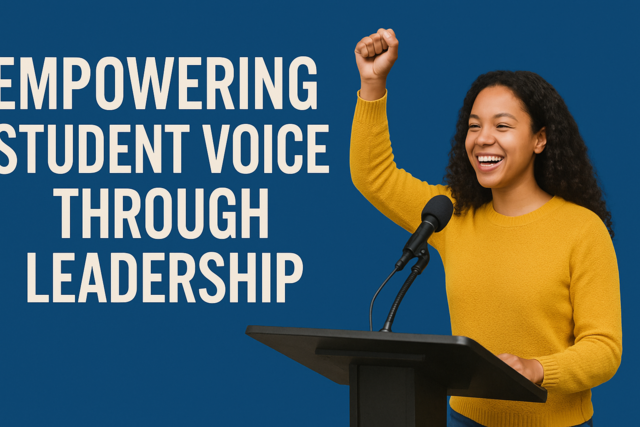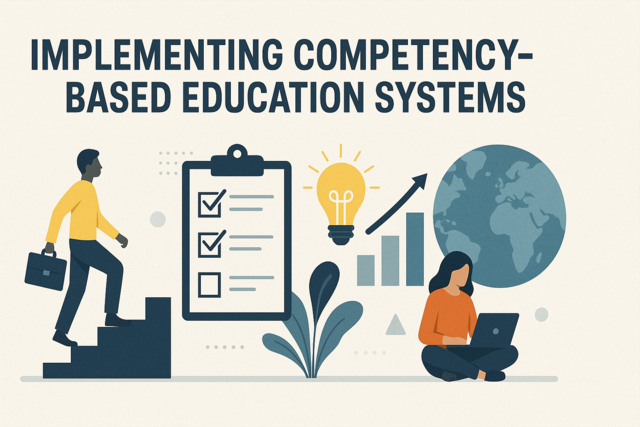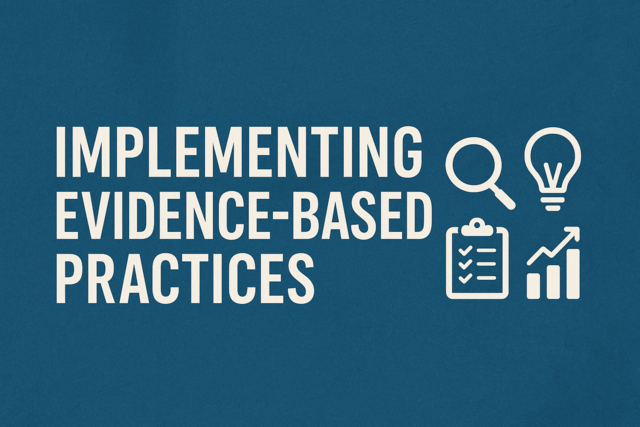Online Class: Fostering a Growth Mindset in Students

no certificate
with CEU Certificate*
-
15Lessons
-
22Exams &
Assignments -
6Hours
average time -
0.6CEUs
Course Description
Imagine walking into a classroom where every student not only believes they can succeed but thrives on the challenge to do so. This isn't a dream or a far-off vision—it's the reality you can help create with our course, "Fostering a Growth Mindset in Students." This is no ordinary class; it's a transformative journey that's designed to equip you with the skills to inspire the leaders, thinkers, and innovators of tomorrow.
In today's ever-evolving world, the ability to adapt, persevere, and grow through adversity isn't just beneficial; it's essential. This course is not just another addition to your professional development; it's the key to unlocking your students' potential. As education professionals, we often grapple with the complexities of fixed mindsets entrenched in fear and comparison. Imagine transforming these challenges into opportunities for growth, where students see failures not as setbacks but stepping stones for success. This course will show you how.
Through the power of neuroplasticity, you'll gain insights into how the brain rewires itself, supporting growth and continuous development. You'll discover how embracing change can revolutionize the learning experience, proving that effort and strategy truly trump innate talent. Our approach isn't just grounded in theory; it's a practical guide that merges pioneering research with actionable strategies.
A major part of our journey revolves around the dynamics of resilience, a critical component of emotional and cognitive development. Imagine reshaping a student's adversity into an experience rich with learning and personal growth. This course weaves the fascinating strands of psychology and biology into your teaching arsenal, reinforcing your students' ability to face and conquer challenges.
What sets our course apart is the emphasis on inclusive learning spaces, where each student's voice is heard, valued, and understood. Collaboration isn't just encouraged; it's essential. You'll learn to cultivate environments that celebrate diverse perspectives, nurturing problem-solvers equipped to navigate and tackle the world's complex challenges.
Moreover, you will find that empowering students isn't just about teaching resilience; it's about instilling confidence through empowering narratives. You'll master strategies to help students overcome self-doubt, transforming their internal monologue from one of apprehension to one bursting with confidence and motivation.
A unique aspect of our course is the focus on transformative feedback. You'll move beyond the generic phrase and embrace a feedback style that is specific, timely, and constructive. This process-centric approach nurtures lifelong learners, enabling students to see every piece of feedback as a chance to improve and flourish.
Throughout each session, we blend methodologies such as Angela Duckworth's grit with growth mindset riches inspired by Carol Dweck, proving that passion and perseverance are the true bedrock of success. You will become adept at guiding students to set realistic, measurable goals, fostering an environment that emphasizes continuous improvement and strategic planning in tackling challenges.
Our course also dives into rethinking what success truly means, helping educators appreciate and teach that intelligence and ability are not static traits but qualities that can be developed through dedication and hard work. You'll gain strategies to motivate students intrinsically, shifting their focus from merely achieving grades to valuing the learning journey itself.
We stand firmly on the threshold of change, and this course is your invitation to step forward as a leader in education. It's time to empower yourself with the tools to foster a growth mindset, encouraging your students to thrive both academically and personally. When you choose to enroll in "Fostering a Growth Mindset in Students," you're deciding to be more than just an educator—you're becoming a catalyst for change. If you're ready to transform the landscape of learning, ready to inspire and be inspired, this is the pivotal moment you've been waiting for. Embrace it, and watch as you and your students soar to new heights of potential and achievement.
- Completely Online
- Self-Paced
- 6 Months to Complete
- 24/7 Availability
- Start Anytime
- PC & Mac Compatible
- Android & iOS Friendly
- Accredited CEUs

Course Lessons
Lesson 1. Cultivating Resilience in Education: Embracing a Growth Mindset
Students and educators alike can benefit from embracing a growth mindset, as it encourages resilience, perseverance, and self-improvement through challenges rather than viewing them as insurmountable obstacles. The concept of neuroplasticity supports this mindset, reinforcing the brain's capacity to form new neural connections and adapt, thus fostering continuous personal and academic development.Lesson 2. Embracing Change: How Neuroplasticity Shapes Learning
Neuroplasticity's role in education is exemplified through language learning, where increased gray matter density reflects the brain's responsive nature. Coupled with diligent practice, students can develop cognitive flexibility, reinforcing that effort trumps innate talent in achieving academic success.Lesson 3. Fixed Mindset: Recognizing Limiting Beliefs and Overcoming Them
Fixed mindsets often arise from fear of failure and comparison with peers, leading to avoidance of challenging opportunities. Adopting a growth mindset redefines success by valuing the learning process and recognizing effort as key to overcoming academic and life challenges.Lesson 4. Resilience: Psychology and Biology in Action
A growth mindset, when integrated with psychological resilience, can reshape a student's experience with adversity into one of learning and development. This mindset fosters flexible stress responses, creating a foundation for improved cognitive abilities and emotional strength.Lesson 5. Fostering Growth Through Inclusive Learning Spaces
Peer collaboration and equitable group work encourage students to learn from one another's strengths, improving problem-solving skills and reducing anxiety about participation. A classroom code of conduct co-developed with students fosters mutual respect, setting clear expectations for fair treatment and continuous personal growth.Lesson 6. Overcoming Self-Doubt through Empowering Narratives
Growth in academics and life stems from overcoming negative self-talk by adopting a growth mindset that values effort and learning. Strategies such as mindfulness, gratitude, and role-playing exercises empower students to reframe challenges positively, enhancing resilience and emotional intelligence.Lesson 7. Cultivating Resilient Students: The Power of Growth Mindset
A growth mindset, conceived by Carol Dweck, reimagines intelligence as an ability that flourishes through dedication and learning from experiences. Within educational spaces, this empowers students to approach challenges with resilience, transforming failures into avenues for progress.Lesson 8. Transformative Feedback: Nurturing Adaptable, Lifelong Learners
Effective feedback, as outlined, is rooted in specificity and timeliness, guiding students in refining skills and strategies. By celebrating effort and improvement, educators encourage a growth mindset, empowering students to overcome setbacks and achieve academic prowess.Lesson 9. Opportunities in Disguise
Goal setting and effective planning empower students to tackle setbacks by transforming them into achievable learning opportunities, fostering strategic thinking. Educators play a pivotal role in facilitating this process through feedback emphasizing effort and the celebration of iterative progress.Lesson 10. Reflection in Education: A Catalyst for Resilience and Growth
Integrating reflection into curricula requires educators to guide students through the process, fostering an open environment where questioning and introspection are encouraged. This practice is supported by research indicating that structured reflection improves both cognitive and emotional engagement, leading to higher academic outcomes and satisfaction.Lesson 11. Introspecting Ambitions
SMART goals help students define their objectives with clarity by being Specific, Measurable, Achievable, Relevant, and Time-bound. This strategic framework aligns their ambitions with actionable steps, motivating them to stay proactive in their learning journey.Lesson 12. Beyond Talent: Unleashing the Power of Grit in Learning
In education, grit—passion and perseverance for long-term endeavors—is fundamental to cultivating a growth mindset and driving achievement beyond raw talent or intelligence. As illustrated by Angela Duckworth's studies, integrating grit and growth mindset principles creates resilient, success-oriented learners who thrive academically and personally.Lesson 13. The Praise Dilemma: Encouragement for a Growth Mindset
Emphasizing process over product in praise encourages students to embrace challenges and view failures as learning steps. This mindset shift, supported by research, enhances academic success and nurtures an intrinsic motivation to improve.Lesson 14. Fostering Cognitive Growth Through Team Work
Collaborative learning endorsed by theories like Vygotsky's Zone of Proximal Development and Piaget's Constructivist Theory, cultivates a growth mindset by using peer input to deepen understanding. It promotes essential skills like empathy, communication, and accountability, preparing students for diverse academic and personal challenges.Lesson 15. Reframing Success: The Importance of Embracing and Teaching a Growth Mindset
Carol Dweck's growth mindset theory contrasts fixed mindset beliefs, emphasizing that intelligence can be developed through effort, fostering adaptability and resilience in students. Incorporating self-determination and socio-cultural theories enhances growth mindset in education by promoting autonomous learning, strategic scaffolding, and reflective feedback.
Learning Outcomes
- Demonstrate the application of growth mindset principles by setting personal learning goals and identifying strategies to overcome academic challenges.
- Recognize the differences between a growth mindset and a fixed mindset by analyzing specific traits and attitudes in various scenarios.
- Define neuroplasticity and explain its role in enhancing cognitive flexibility and resilience by providing examples from linguistic and musical skill acquisition.
- Demonstrate the ability to apply growth mindset theories by employing targeted exercises that enhance problem-solving skills through the principles of neuroplasticity in educational settings.
- Demonstrate strategies for transitioning from a fixed mindset to a growth mindset in classroom settings.
- Define the characteristics of a fixed mindset and explain their impact on learning outcomes.
- Demonstrate the ability to apply cognitive restructuring techniques to challenge and reframe limiting beliefs for a stronger growth mindset.
- Identify and describe the role of the HPA axis in managing stress and outline strategies to develop an adaptable response in academic settings.
- Define strategies for creating a psychologically safe and inclusive classroom environment to support the development of a growth mindset in students.
- Demonstrate the ability to implement peer collaboration techniques that enhance communication skills and foster an inclusive atmosphere conducive to intellectual growth.
- Demonstrate the ability to use mindfulness practices, such as mindful breathing and gratitude journaling, to increase self-awareness and disrupt cycles of negative self-talk.
- Recognize patterns of negative self-talk, such as catastrophizing and overgeneralization, and apply reframing techniques to transform these thoughts into positive self-narratives.
- Identify the key principles of a growth mindset by describing how intelligence and abilities can evolve through effort and perseverance.
- Demonstrate mastery of lesson content at levels of 70% or higher.
Additional Course Information

- Document Your Lifelong Learning Achievements
- Earn an Official Certificate Documenting Course Hours and CEUs
- Verify Your Certificate with a Unique Serial Number Online
- View and Share Your Certificate Online or Download/Print as PDF
- Display Your Certificate on Your Resume and Promote Your Achievements Using Social Media

Choose Your Subscription Plan
No Certificate / No CEUs
This course only
| Includes certificate | X |
| Includes CEUs | X |
| Self-paced |

|
| Instructor support |

|
| Time to complete | 6 months |
| No. of courses | 1 course |
Certificate & CEUs
This course only
| Includes certificate |

|
| Includes CEUs |

|
| Self-paced |

|
| Instructor support |

|
| Time to complete | 6 months |
| No. of courses | 1 course |
Certificates & CEUs
Includes all 600+ courses
| Includes certificate |

|
| Includes CEUs |

|
| Self-paced |

|
| Instructor support |

|
| Time to complete | 12 Months |
| No. of courses | 600+ |
Certificates & CEUs
Includes all 600+ courses
| Includes certificate |

|
| Includes CEUs |

|
| Self-paced |

|
| Instructor support |

|
| Time to complete | 24 Months |
| No. of courses | 600+ |
Related Courses
-
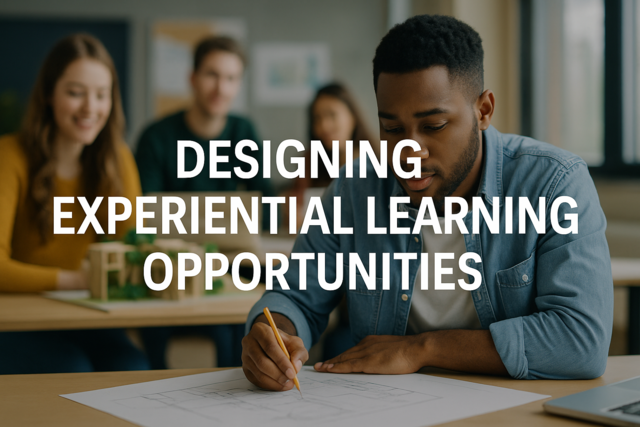 4 hours
0.4 CEUs
Designing Experiential Learning Opportunities
+ More Info
4 hours
0.4 CEUs
Designing Experiential Learning Opportunities
+ More Info
-
 5 hours
0.5 CEUs
Time Travel Mysteries and Paradoxes
+ More Info
5 hours
0.5 CEUs
Time Travel Mysteries and Paradoxes
+ More Info
-
 4 hours
0.4 CEUs
Raising Emotionally Intelligent Children: A Guide for Parents
+ More Info
4 hours
0.4 CEUs
Raising Emotionally Intelligent Children: A Guide for Parents
+ More Info
-
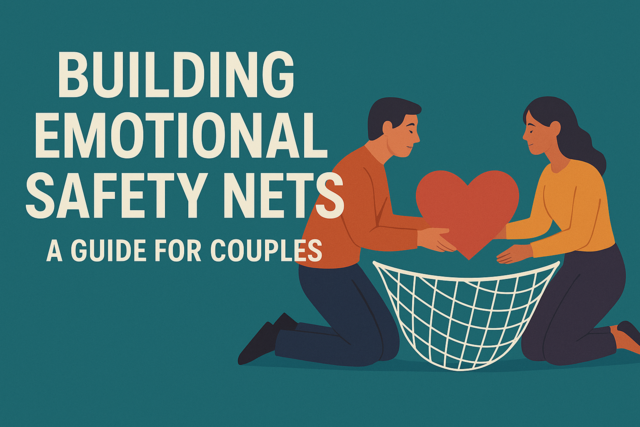 5 hours
0.5 CEUs
Building Emotional Safety Nets: A Guide for Couples
+ More Info
5 hours
0.5 CEUs
Building Emotional Safety Nets: A Guide for Couples
+ More Info
-
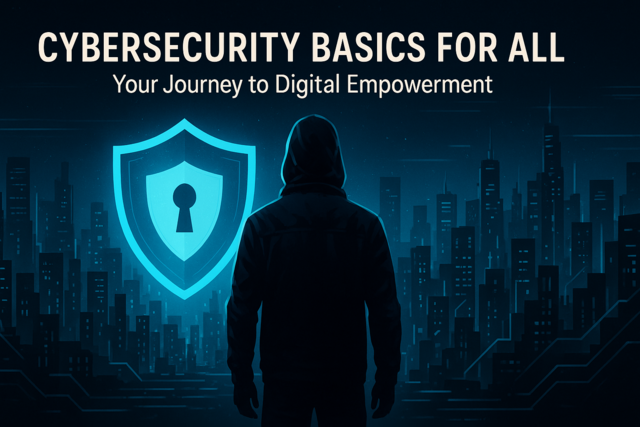 3 hours
0.3 CEUs
Cybersecurity Basics for All
+ More Info
3 hours
0.3 CEUs
Cybersecurity Basics for All
+ More Info
-
 5 hours
0.5 CEUs
Building Bridges: Techniques for Intergenerational Understanding
+ More Info
5 hours
0.5 CEUs
Building Bridges: Techniques for Intergenerational Understanding
+ More Info
-
 6 hours
0.6 CEUs
Iconic Influence: Women's Wear in the Age of Luxury
+ More Info
6 hours
0.6 CEUs
Iconic Influence: Women's Wear in the Age of Luxury
+ More Info
-
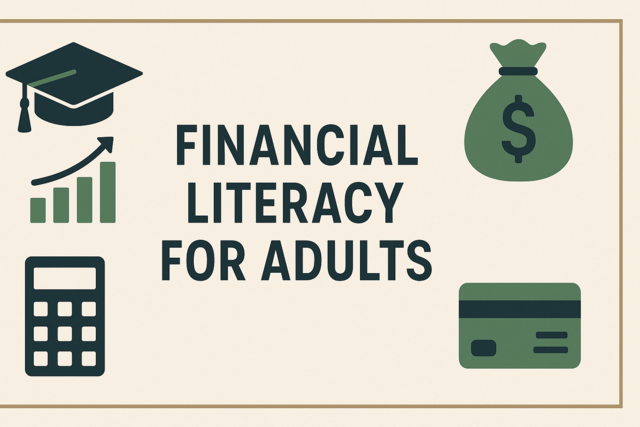 3 hours
0.3 CEUs
Financial Literacy for Adults
+ More Info
3 hours
0.3 CEUs
Financial Literacy for Adults
+ More Info
-
 5 hours
0.5 CEUs
Generational Patterns: How Narcissism Perpetuates Dysfunction
+ More Info
5 hours
0.5 CEUs
Generational Patterns: How Narcissism Perpetuates Dysfunction
+ More Info
-
 7 hours
0.7 CEUs
Spiritual Awakening and Self-Discovery
+ More Info
7 hours
0.7 CEUs
Spiritual Awakening and Self-Discovery
+ More Info
-
 7 hours
0.7 CEUs
Pioneers of Anomalous Sciences
+ More Info
7 hours
0.7 CEUs
Pioneers of Anomalous Sciences
+ More Info
-
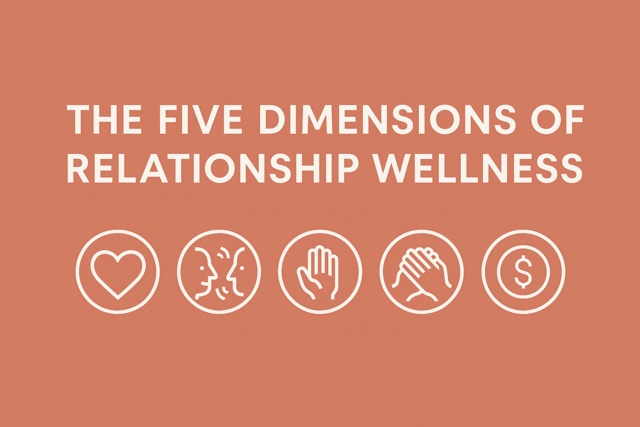 7 hours
0.7 CEUs
The Five Dimensions of Relationship Wellness
+ More Info
7 hours
0.7 CEUs
The Five Dimensions of Relationship Wellness
+ More Info
-
 3 hours
0.3 CEUs
Transcend Trends: Creating Your Signature Look
+ More Info
3 hours
0.3 CEUs
Transcend Trends: Creating Your Signature Look
+ More Info
-
 4 hours
0.4 CEUs
Sustainable Style: Modern Luxury with a Conscience
+ More Info
4 hours
0.4 CEUs
Sustainable Style: Modern Luxury with a Conscience
+ More Info
-
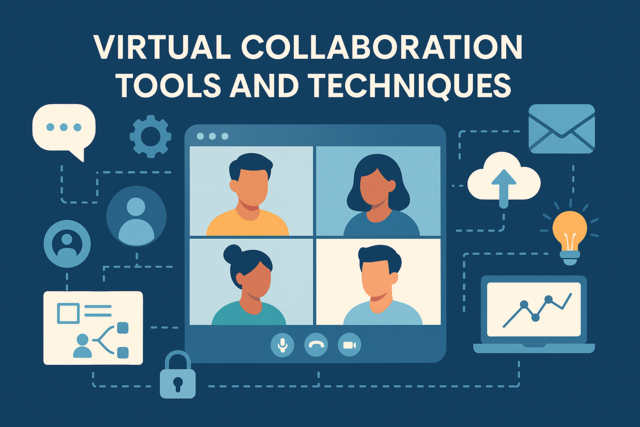 5 hours
0.5 CEUs
Virtual Collaboration Tools and Techniques
+ More Info
5 hours
0.5 CEUs
Virtual Collaboration Tools and Techniques
+ More Info
-
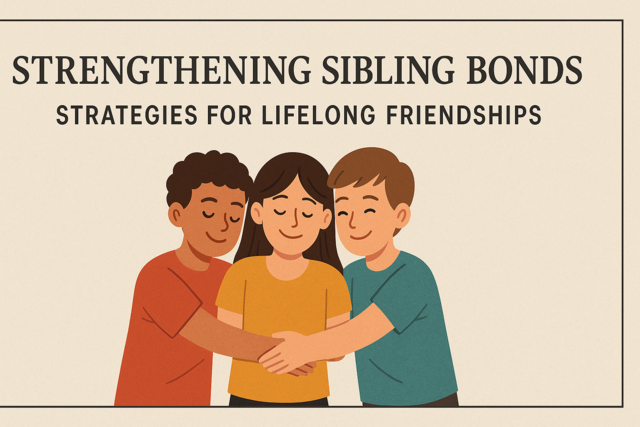 4 hours
0.4 CEUs
Strengthening Sibling Bonds: Strategies for Lifelong Friendships
+ More Info
4 hours
0.4 CEUs
Strengthening Sibling Bonds: Strategies for Lifelong Friendships
+ More Info
-
 5 hours
0.5 CEUs
The Strangeness of Human Consciousness
+ More Info
5 hours
0.5 CEUs
The Strangeness of Human Consciousness
+ More Info
-
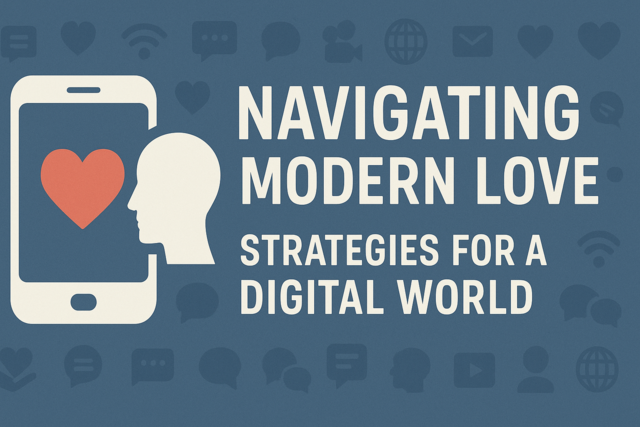 6 hours
0.6 CEUs
Navigating Modern Love: Strategies for a Digital World
+ More Info
6 hours
0.6 CEUs
Navigating Modern Love: Strategies for a Digital World
+ More Info
-
 6 hours
0.6 CEUs
Conflict Resolution and Negotiation
+ More Info
6 hours
0.6 CEUs
Conflict Resolution and Negotiation
+ More Info
-
 6 hours
0.6 CEUs
The Art of Dressing: Mastering High-End Menswear
+ More Info
6 hours
0.6 CEUs
The Art of Dressing: Mastering High-End Menswear
+ More Info
-
 5 hours
0.5 CEUs
Lunar Magic and Moon Phases
+ More Info
5 hours
0.5 CEUs
Lunar Magic and Moon Phases
+ More Info
-
 6 hours
0.6 CEUs
Public Speaking with Confidence
+ More Info
6 hours
0.6 CEUs
Public Speaking with Confidence
+ More Info
-
 4 hours
0.4 CEUs
Design Dynamics: The Rise of Contemporary Luxury Designers
+ More Info
4 hours
0.4 CEUs
Design Dynamics: The Rise of Contemporary Luxury Designers
+ More Info
-
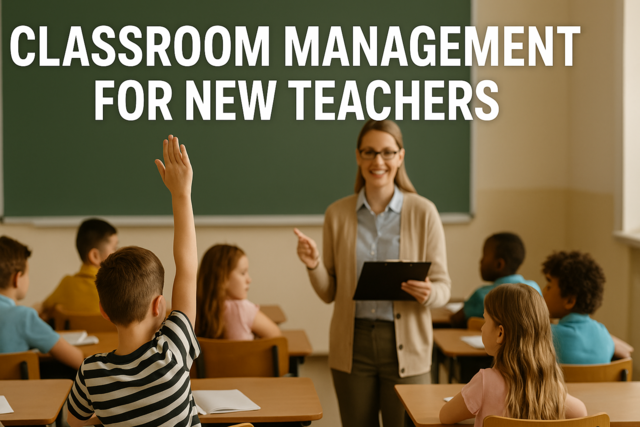 6 hours
0.6 CEUs
Classroom Management for New Teachers
+ More Info
6 hours
0.6 CEUs
Classroom Management for New Teachers
+ More Info
-
 5 hours
0.5 CEUs
The Alchemical Traditions of Druidic Wisdom
+ More Info
5 hours
0.5 CEUs
The Alchemical Traditions of Druidic Wisdom
+ More Info
-
 7 hours
0.7 CEUs
The Power of Vulnerability: Authentic Connections in a Busy World
+ More Info
7 hours
0.7 CEUs
The Power of Vulnerability: Authentic Connections in a Busy World
+ More Info
-
 4 hours
0.4 CEUs
Strategies for Teaching English Language Learners
+ More Info
4 hours
0.4 CEUs
Strategies for Teaching English Language Learners
+ More Info
-
 6 hours
0.6 CEUs
The New Chic: Redefining Urban Elegance
+ More Info
6 hours
0.6 CEUs
The New Chic: Redefining Urban Elegance
+ More Info
-
 6 hours
0.6 CEUs
The Art of Emotional Intelligence: Building Stronger Connections
+ More Info
6 hours
0.6 CEUs
The Art of Emotional Intelligence: Building Stronger Connections
+ More Info
-
 5 hours
0.5 CEUs
Advanced Writing and Editing Skills
+ More Info
5 hours
0.5 CEUs
Advanced Writing and Editing Skills
+ More Info
-
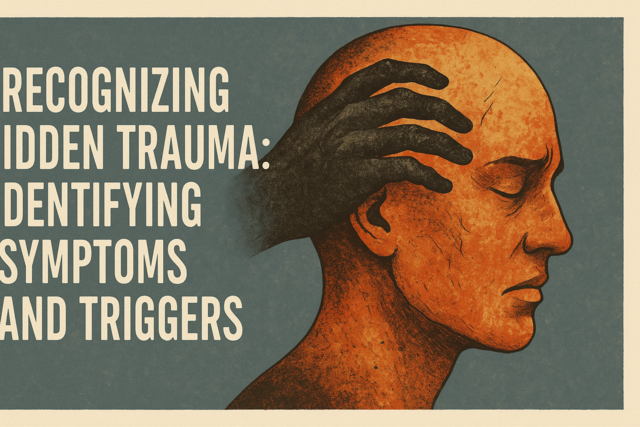 4 hours
0.4 CEUs
Recognizing Hidden Trauma: Identifying Symptoms and Triggers
+ More Info
4 hours
0.4 CEUs
Recognizing Hidden Trauma: Identifying Symptoms and Triggers
+ More Info
-
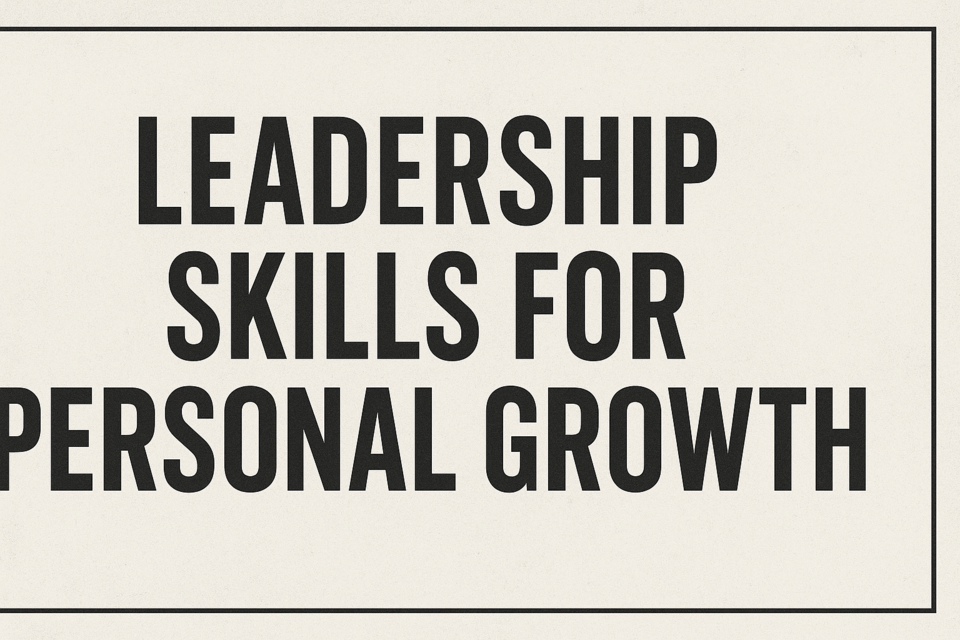 4 hours
0.4 CEUs
Leadership Skills for Personal Growth
+ More Info
4 hours
0.4 CEUs
Leadership Skills for Personal Growth
+ More Info
-
 6 hours
0.6 CEUs
Timeless Aesthetics: Navigating Luxury Brand Evolution
+ More Info
6 hours
0.6 CEUs
Timeless Aesthetics: Navigating Luxury Brand Evolution
+ More Info
-
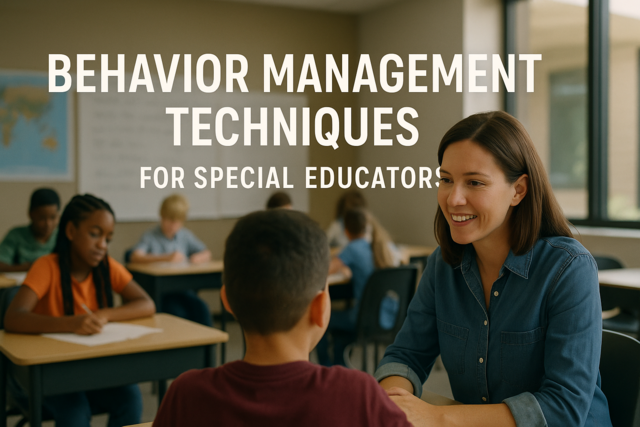 7 hours
0.7 CEUs
Behavior Management Techniques for Special Educators
+ More Info
7 hours
0.7 CEUs
Behavior Management Techniques for Special Educators
+ More Info
-
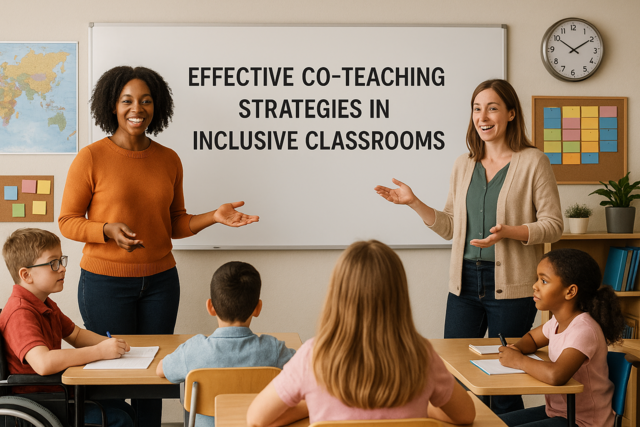 5 hours
0.5 CEUs
Effective Co-Teaching Strategies in Inclusive Classrooms
+ More Info
5 hours
0.5 CEUs
Effective Co-Teaching Strategies in Inclusive Classrooms
+ More Info
-
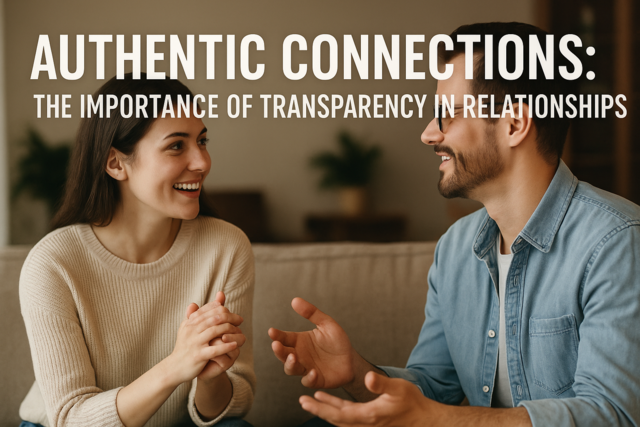 7 hours
0.7 CEUs
Authentic Connections: The Importance of Transparency in Relationships
+ More Info
7 hours
0.7 CEUs
Authentic Connections: The Importance of Transparency in Relationships
+ More Info
-
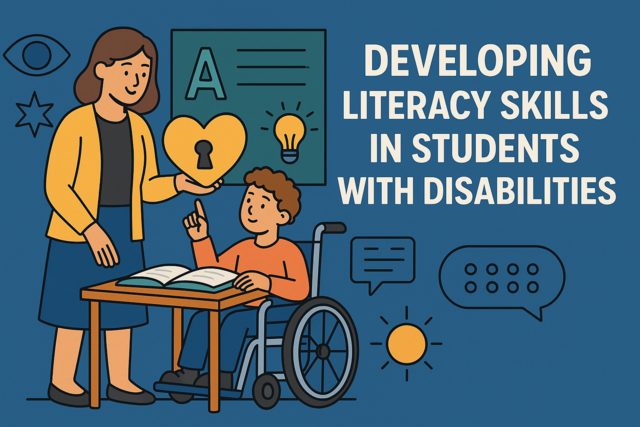 5 hours
0.5 CEUs
Developing Literacy Skills in Students with Disabilities
+ More Info
5 hours
0.5 CEUs
Developing Literacy Skills in Students with Disabilities
+ More Info
-
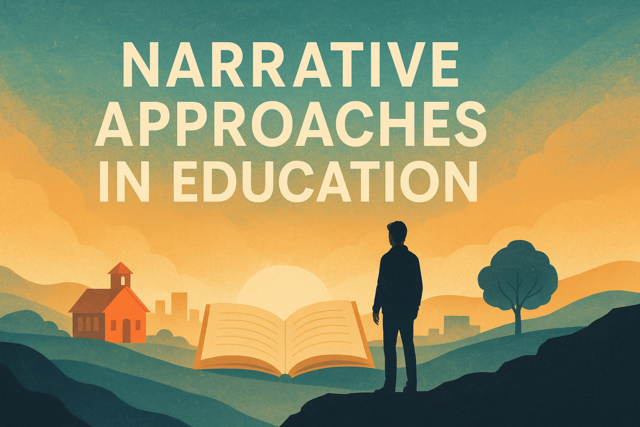 6 hours
0.6 CEUs
Narrative Approaches in Education
+ More Info
6 hours
0.6 CEUs
Narrative Approaches in Education
+ More Info
-
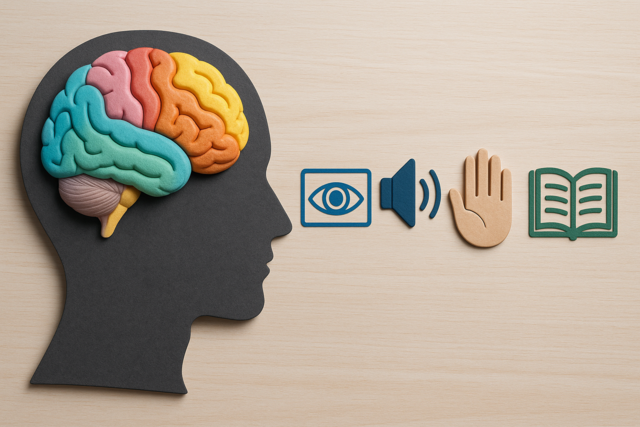 7 hours
0.7 CEUs
Understanding Learning Styles and Preferences
+ More Info
7 hours
0.7 CEUs
Understanding Learning Styles and Preferences
+ More Info


